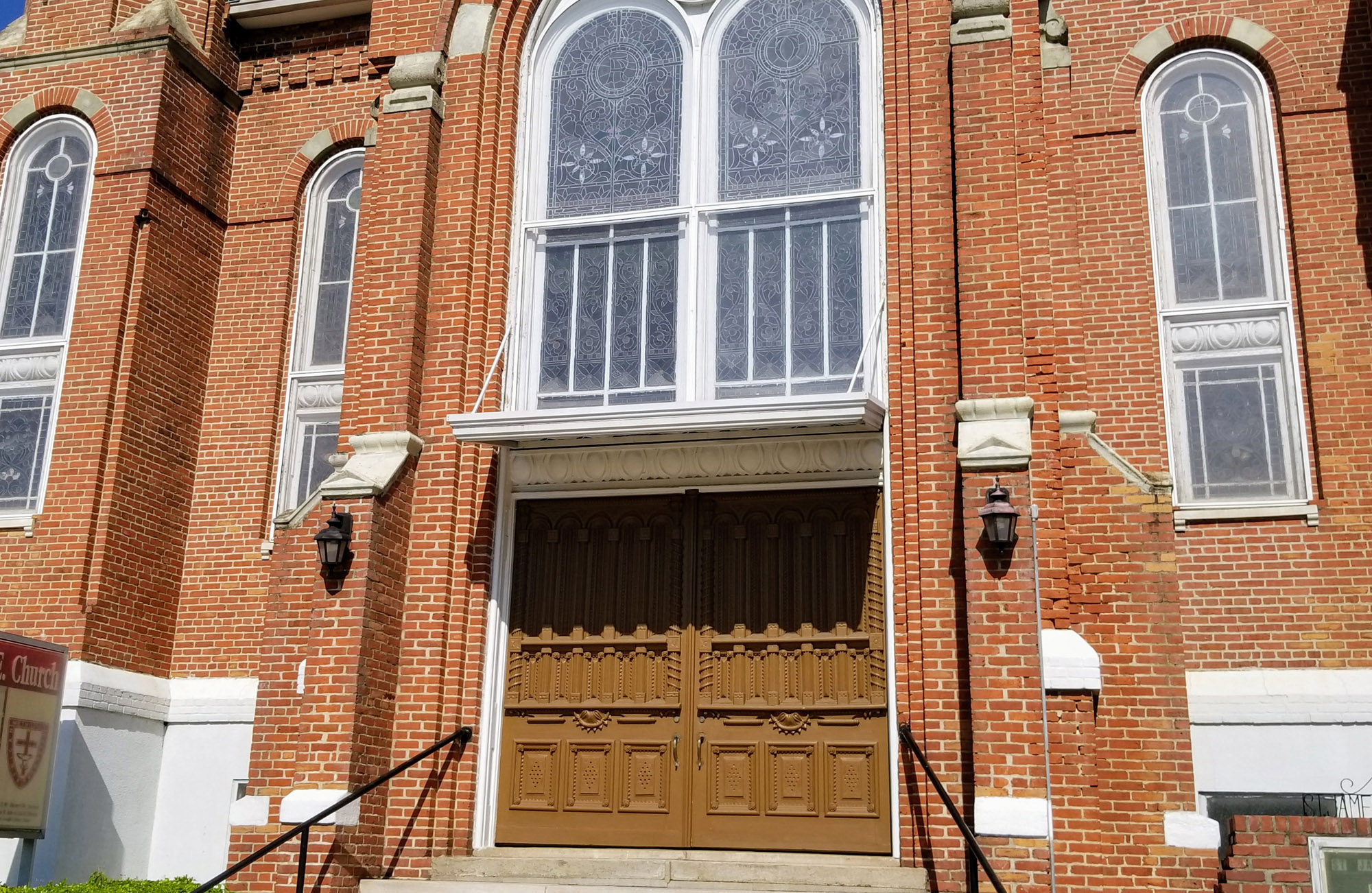4 Churches Pivotal to the Civil Rights Movement to Visit Today
Experience the power of community at these historically Black churches in Georgia.
There is perhaps no place with more profound influence on the Civil Rights Movement than the African American church. During a tumultuous period in the 1950s and 1960s, churches, especially those in the South, were the backbone of the movement.
Historically, African American churches have been safe havens where African Americans could meet with neighbors, friends and family in a comfortable environment. Churches were arguably some of the only places people of African descent felt free. During the Civil Rights Movement, they took on an even more significant role.
Historically Black churches were vital to the success of the Civil Rights Movement. They hosted mass meetings, were meeting points for rallies and marches, and provided much-needed emotional, physical, moral and spiritual support. These churches gave the community strength to endure and ultimately succeed in gaining equal human rights for every American regardless of color or creed.
Dozens of churches across the South were so instrumental to the Civil Rights Movement that they were designated historic landmarks, and 13 of them are destinations on the U.S. Civil Rights Trail, including Historic Ebenezer Baptist Church in Atlanta and Shiloh Missionary Baptist Church in Albany. Here are four African American churches in Georgia that were at the heart of the Civil Rights Movement.
Four Georgia Churches Pivotal to the Civil Rights Movement
1. Historic Ebenezer Baptist Church, Atlanta
Atlanta’s Historic Ebenezer Baptist Church is the epitome of what the African American church gave to the Civil Rights Movement. Its most famous leader, Dr. Martin Luther King, Jr. grew up in this influential church and took over pastoring it after his father retired after 44 years. Dr. King helped to motivate his congregation to fight against oppression, just as he motivated the rest of the country in his many speeches.
But Dr. King was not Ebenezer Baptist Church’s only contribution to the movement. It was also the site of a NAACP gathering in 1956 to discuss segregation. The church hosted many other civil rights events during the 1950s and 1960s.
Today, Ebenezer Baptist Church is still a vibrant part of the African American community in Atlanta. This historic church building has been restored and now is part of the Martin Luther King Jr. National Historical Park. Free self-guided tours are available daily.
2. First African Baptist Church, Savannah
The oldest continuously operating African American church in North America, First African Baptist Church - Savannah, is another church that gave vital support to the Civil Rights Movement. Dating back to 1773, the Savannah church was once a refuge for enslaved people. The current building was constructed brick by brick by slaves and free blacks who worked at night after toiling in the fields all day.
The First African Baptist Church did not just cater to African Americans during slavery and reconstruction, though. It held protest meetings and — despite the threat of violence — hosted civil rights visionaries like Dr. Martin Luther King, Jr. and Adam Clayton Powell.
While still continuing as an active church, there is also a museum inside that holds memorabilia dating back to the 18th century. Tours are given at specific times and days throughout the year.
3. Old Mount Zion Baptist Church, Albany
Head to Albany to visit the Old Mount Zion Baptist Church. It is now home to the Albany Civil Rights Institute, which is a museum and research center. Old Mount Zion was home to the famous Albany Movement, which worked with and was supported by the NAACP, Congress for Racial Equality, Southern Christian Leadership Conference and the Student Nonviolent Coordinating Committee. Congregants and community members led a grassroots campaign out of this church to end discrimination in public facilities and achieve voters’ rights in southwest Georgia.
Visitors to the Albany Civil Rights Institute today can see exhibits, interactive displays and other historic memorabilia of the Civil Rights Movement in Georgia. The impressive digitalized oral history database is one of the most extensive.
4. St. James AME Church, Columbus
Not all churches that supported the Civil Rights Movement did so with a lot of fanfare. St. James African Methodist Episcopal Church in Columbus is perhaps most known for refusing to host Dr. Martin Luther King, Jr. for fear of violence. Instead, King spoke at the Prince Hall Masonic Temple, one of the sites on Georgia's Footsteps of Martin Luther King, Jr. Trail.
However, the church, led by pastor J. W. Hurley, quietly made critical changes within the social structure in Columbus. Pastor Hurley and the Columbus Student Movement helped to quickly desegregate the city's buses. He also worked with Columbus city officials to quell the violence hitting other Southern cities and avoid a transportation boycott that could have been economically devastating for both white and black Columbus residents.
St. James AME is on the Black Heritage Trail in Columbus. It is still an active church. Visitors often come to see the beautiful, ornately carved chapel doors that were handmade by slaves in the mid-1800's.







